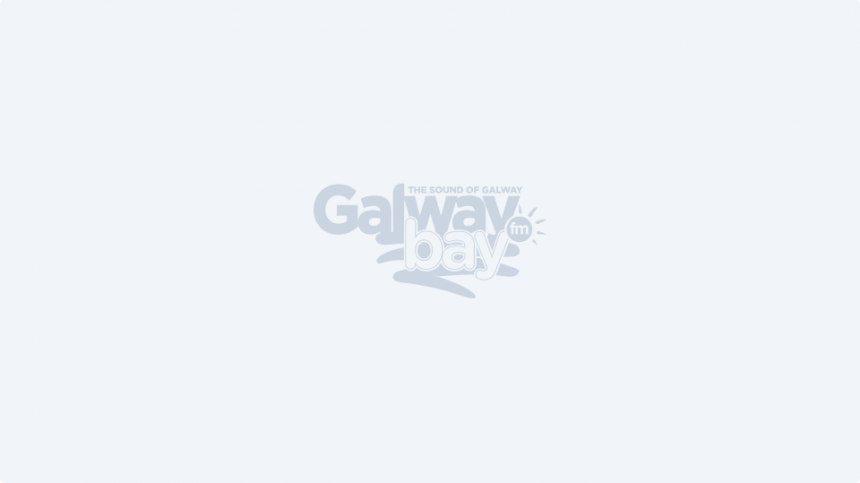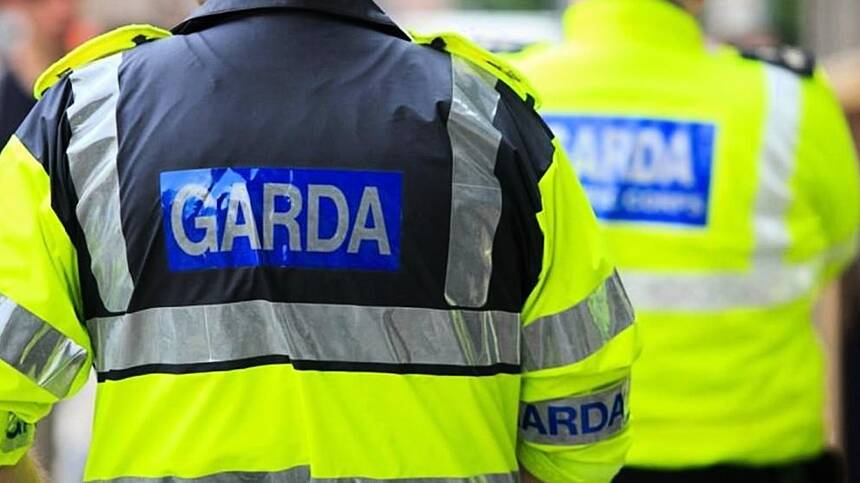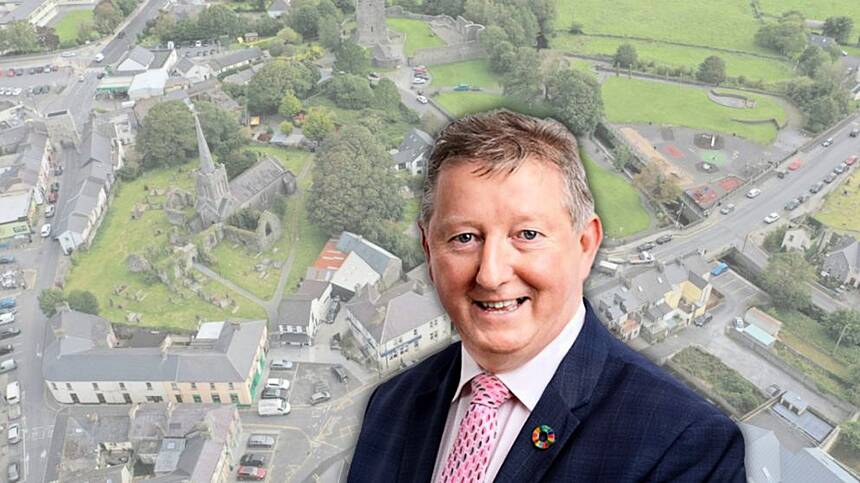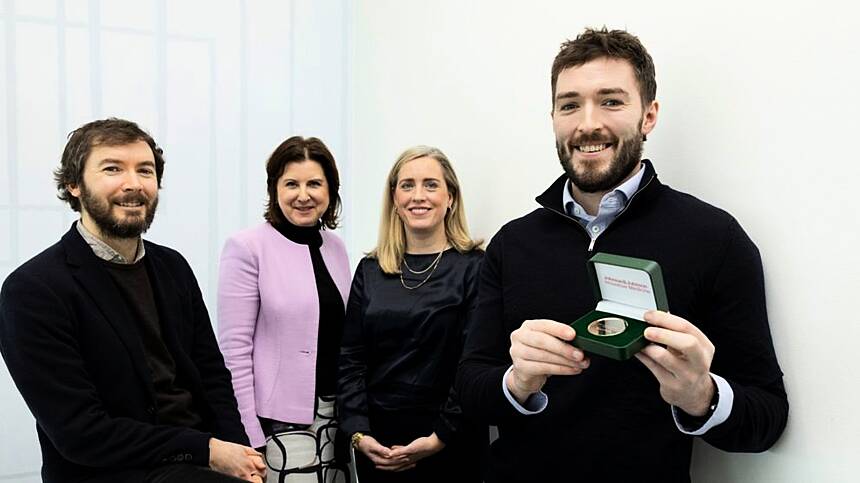Galway Bay fm newsroom - Post Cabinet Statement – Resilience and Recovery: The Path Ahead
Today Government decided to move ahead with the next stage of reopening the economy and society in line with Resilience and Recovery: The Path Ahead plan. Thanks to the extraordinary efforts and support of the Irish people, the Government’s plan on the easing of restrictions is working. Society and the economy are recovering slowly and steadily. To maintain our momentum, we need to continue to follow the public health guidelines in these coming weeks. Practicing those individual everyday measures is what will secure Ireland’s recovery from the pandemic.
The vaccination programme continues to make significant progress and we are now in a position to lift a number of public health restrictions during June. Plans for further easing of measures over the summer, subject to prevailing public health advice, have also been set out.
The decision is based on advice from the National Public Health Emergency Team (NPHET), that a cautious and phased reopening continues, with a continuing emphasis on outdoor activity, and sufficient time between phases to assess the impact and ensure that progress in controlling the virus is maintained.
In June, hotels and B&Bs, will re-open, along with cinemas and theatres, outdoor services can start in restaurants and bars, and there will be incremental re-opening of driver test centres. Increased numbers will be permitted at outdoor organised events, one unvaccinated household will be able to visit another, sports matches can start, and gyms, pools and leisure centres can re-open.
Selected sport and cultural pilot live events will take place in June to assess protective measures.
In July, Ireland will start operating the EU Digital Covid certificate for travel within the EU and EEA, subject to health advice. There will be no restrictions on travel to or from Northern Ireland. Indoor service can resume in bars and restaurants, indoor group training can start, and household visits will be increased to three households. There will be further increases at weddings and outdoor events.
There are uncertainties and these will continue to be closely monitored by Government over the coming weeks. People should continue to work from home unless necessary to attend in person.
June
Live Events
In order to prepare for the easing of restrictions, it is intended that a selected small number of sport and cultural pilot live events will take place in June. The purpose of these pilots is to assess logistical arrangements to implement necessary protective measures. This will inform guidance for venues due to re-open in July and/or with growing numbers in August.
From 2nd June:
- Accommodation services including hotels, B&Bs, self-catering and hostels can reopen. Services including leisure facilities, indoor restaurant and bar services must be restricted to overnight guests/residents only.
From 7th June:
- The numbers permitted at organised outdoor events can increase to a maximum of 100 for the majority of venues, with a maximum of 200 for outdoor stadia/venues with a minimum accredited capacity of 5000.
- Cinemas and theatres can reopen.
- Partial re-opening of Driver Theory Test Services (25,000 tests per month with related incremental opening of driver test centres).
- Visiting indoors in private homes – visitors from one other household are permitted for unvaccinated households.
- The numbers of guests attending wedding celebration/reception can increase to 25.
- Outdoor sports matches can recommence.
- Gyms, swimming pools, leisure centres can reopen for individual training only.
- Outdoor services in restaurants and bars can recommence.
From 5th July:
Subject to maintaining progress with the virus, the following measures will come into effect.
- Increased numbers permitted to meet indoors in private homes in line with Level 2 of the Framework – up to 3 households.
- Number of guests permitted at wedding receptions/celebrations increased to 50.
- Organised indoor events can recommence, permitting a maximum of 50 attendees at the majority of venues in pods/groups of up to 6, with arrangements to ensure no intermingling of groups. Max of 100 in larger venues where strict 2 metre seated social distancing and one-way controls for entry and exit can be implemented (includes business, training, conferences, events in theatres and other Arts events).
- The numbers permitted at outdoor organised events can further increase to a maximum of 200 for the majority of venues, with a maximum of 500 for outdoor stadia/venues with a minimum accredited capacity of 5000.
- Indoor training, exercise and dance activities can recommence in pods of up to 6.
- Return of indoor services in restaurants and bars.
From 19th July:
Current Government advice is to avoid non-essential international travel. Subject to prevailing public health situation, from 19 July this will change to travel safely and in accordance with public health guidance and restrictions. From that date also, Ireland will operate the EU Digital COVID Certificate (DCC) for travel originating within the EU/EEA.
For consideration in August
- Further increases in the numbers permitted at both indoor and outdoor events.
- Increased numbers permitted at wedding receptions/celebrations to 100.
- Public Transport operating at full capacity.
Supporting the Recovery
Measures will continue to be in place to support the recovery and an Economic Recovery Plan to chart a course through the summer and beyond will be published next week. The Plan will set out a new phase of supports, investment and policies for economic recovery, providing clarity for businesses and employees by setting out the next steps for the emergency pandemic supports, with a focus on opportunities for sustainable growth and job creation.
Ends.
International Travel
Passengers arriving into Ireland from EU/EEA
From 19th July, subject to prevailing public health situation, Ireland will operate the EU Digital COVID Certificate (DCC) for travel originating within the EU/EEA.
A DCC will show if a passenger
- is vaccinated against Covid19
- has recovered from Covid19 in the past 9 months,
- has a negative test result taken no more than 72 hours before arrival
Passengers arriving into Ireland with a DCC will not have to undergo quarantine.
However, passengers with a DCC based on a non-PCR test (e.g. antigen), or those arriving without a DCC, will require proof of a negative RT-PCR test taken no more than 72 hours before arrival.
Children aged between seven and eighteen who have not been vaccinated must also have a negative PCR test.
A passenger who has been in a non-EU/EEA country in the 14 days prior to arrival into Ireland will be subject to the rules applying to that country (see below).
All passengers will be advised to observe public health restrictions and to present for post-arrival testing if they develop symptoms of Covid19.
Passengers arriving into Ireland from outside EU/EEA
From 19th July, Ireland will also broadly align itself to the EU approach to non-essential travel into the EU from third countries.
To protect its citizens against importation of variants, an ‘emergency brake’ mechanism will be coordinated at EU level to react swiftly to the emergence of a variant of concern or variant of interest.
Government advice will be to avoid travel to a country where the emergency brake has been applied.
Scenario One – journey originates in a country to which the EU has not applied an ‘Emergency Break’
- If passenger has a valid proof of vaccination, no travel-related testing or quarantine will be necessary.
- If passenger does not have valid proof of vaccination, they will need to
- Present evidence of a negative PCR test result within 72 hours prior to arrival into the country
- Self-quarantine
- Undergo post-arrival testing (this will be provided through the HSE).
Scenario 2 – journey originates in a country to which the EU has applied an ‘Emergency Break’
- If passenger has valid proof of vaccination
- passenger will need to produce a negative result from a PCR test taken no more than 72 hours before arrival
- undergo self-quarantine
- undergo post-arrival testing (this will be provided through the HSE).
- If passenger does not have valid proof of vaccination
- they will be required to produce evidence of a negative result from a PCR test undertaken no more than 72 hours before arrival
- undergo mandatory hotel quarantine
- undergo post-arrival testing.
Travel to UK/USA
The approach to travel outside the EU/EEA will also apply to travel to and from Great Britain and the US.
There will be no restrictions on travel to or from Northern Ireland. Passengers arriving from via Northern Ireland who have been overseas in the 14 days prior to arrival in Ireland, must also comply with these restrictions.
Digital COVID Certificate (DCC)
The EU Digital COVID Certificate is designed to facilitate the safe free movement of citizens within the EU during the COVID-19 pandemic. It will be valid in all EU Member States, including Ireland.
The certificate –in digital or paper format - is proof that a person has either:
- been vaccinated against COVID-19;
- received a negative test result; or
- recovered from COVID-19 in the last 9 months.
It is important to note that the EU Digital COVID Certificate is not a travel document.
The possession of an EU Digital COVID Certificate will not be a precondition to travel.
Individual Member States will determine how the DCC will be used as part of national public health measures.
What countries will use the Digital Covid Certificate?
The system will be used throughout the EU and in Norway, Switzerland, Liechtenstein and Iceland.
City Centre Recovery Plan
Work is ongoing between relevant partners and the County and City Managers Association on initiatives to help businesses and to assist the recovery of city and town centres across the country.







